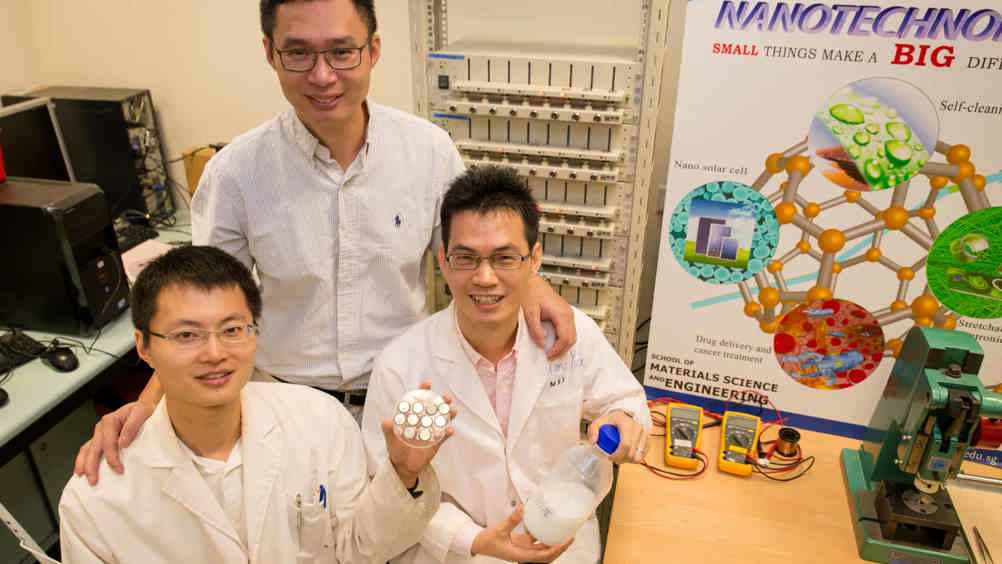Battery advance promises faster recharging
Scientists from Nanyang Technological University (NTU Singapore) have developed a new battery that can be recharged up to 70 per cent in two minutes and has a lifespan of over 20 years.

NTU Singapore expect the breakthrough to an impact on a range of industries, particularly for electric vehicles which are inhibited by recharge times and the limited lifespan of batteries.
Similarly common in a range of electronic devices, rechargeable lithium-ion batteries usually last about 500 recharge cycles, which NTU said is equivalent to two to three years of typical use, with each cycle taking about two hours for the battery to be fully charged.
The battery technology, led by associate Professor Chen Xiaodong from the School of Materials Science and Engineering, is described in Advanced Materials.
Lithium-ion batteries usually use additives to bind the electrodes to the anode, which affects the speed in which electrons and ions can transfer in and out of the batteries.
In the new battery, NTU Singapore’s scientists replaced the graphite normally used for the anode in lithium-ion batteries with a new gel material made from titanium dioxide.
Register now to continue reading
Thanks for visiting The Engineer. You’ve now reached your monthly limit of news stories. Register for free to unlock unlimited access to all of our news coverage, as well as premium content including opinion, in-depth features and special reports.
Benefits of registering
-
In-depth insights and coverage of key emerging trends
-
Unrestricted access to special reports throughout the year
-
Daily technology news delivered straight to your inbox










UK Enters ‘Golden Age of Nuclear’
The delay (nearly 8 years) in getting approval for the Rolls-Royce SMR is most worrying. Signifies a torpid and expensive system that is quite onerous...